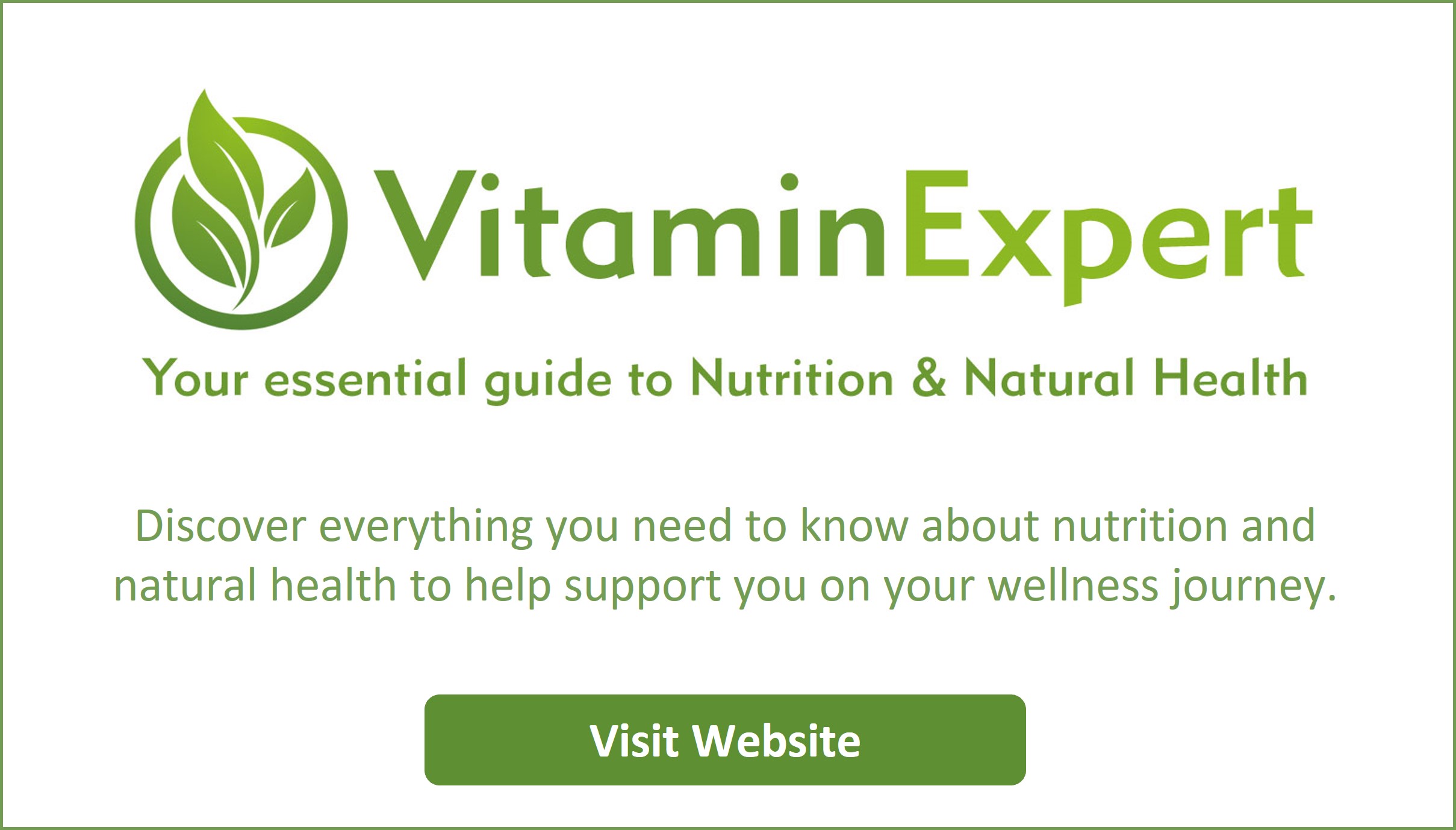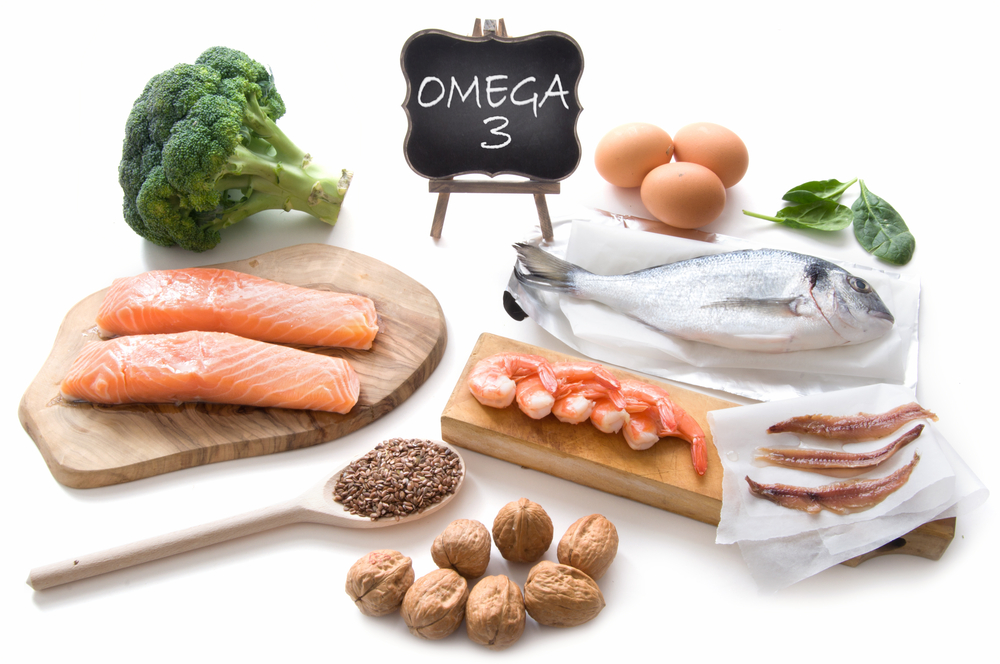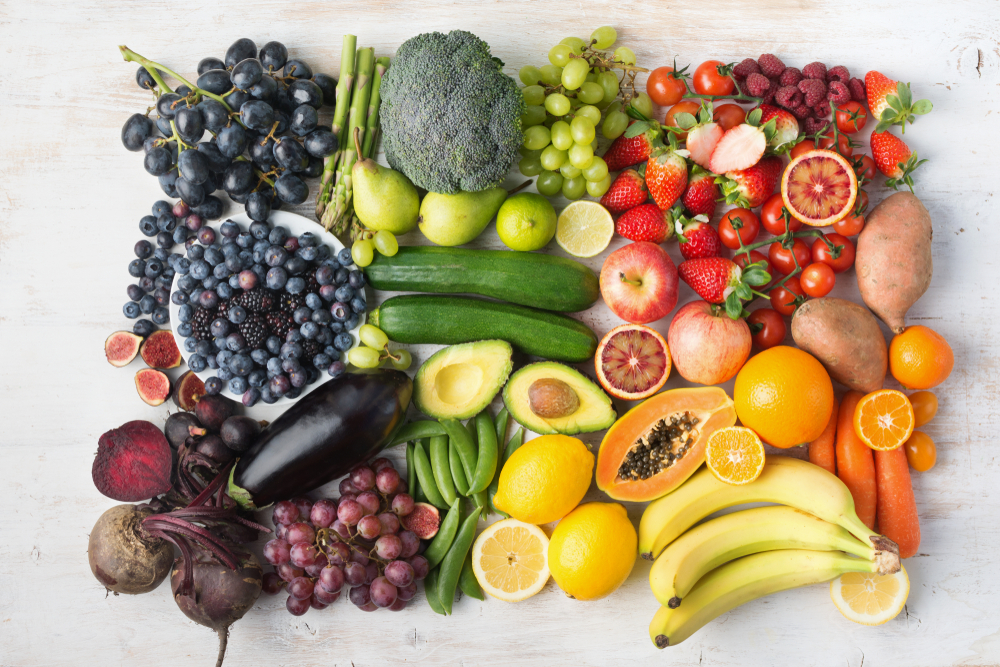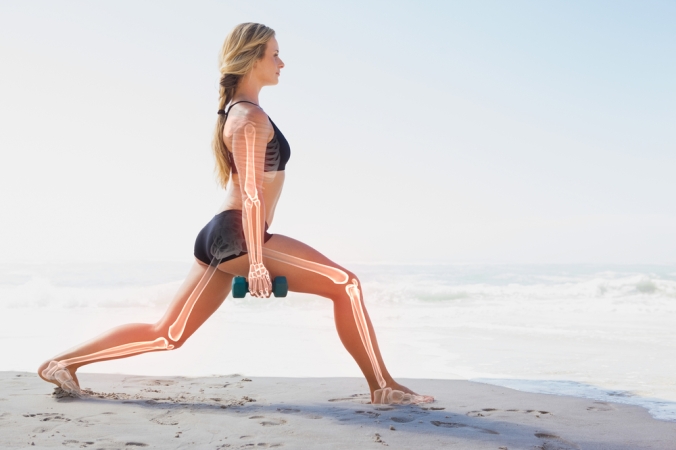
It’s National Parks Fortnight which is a great opportunity and incentive to spend more time outdoors and explore some of your local beauty spots. And why not visit some new places too?
A day of exploring requires good energy levels which many of us are lacking, especially after such a dull winter.
Clinical Nutritionist Suzie Sawyer shares her three top tips for putting a spring back into your step this season.
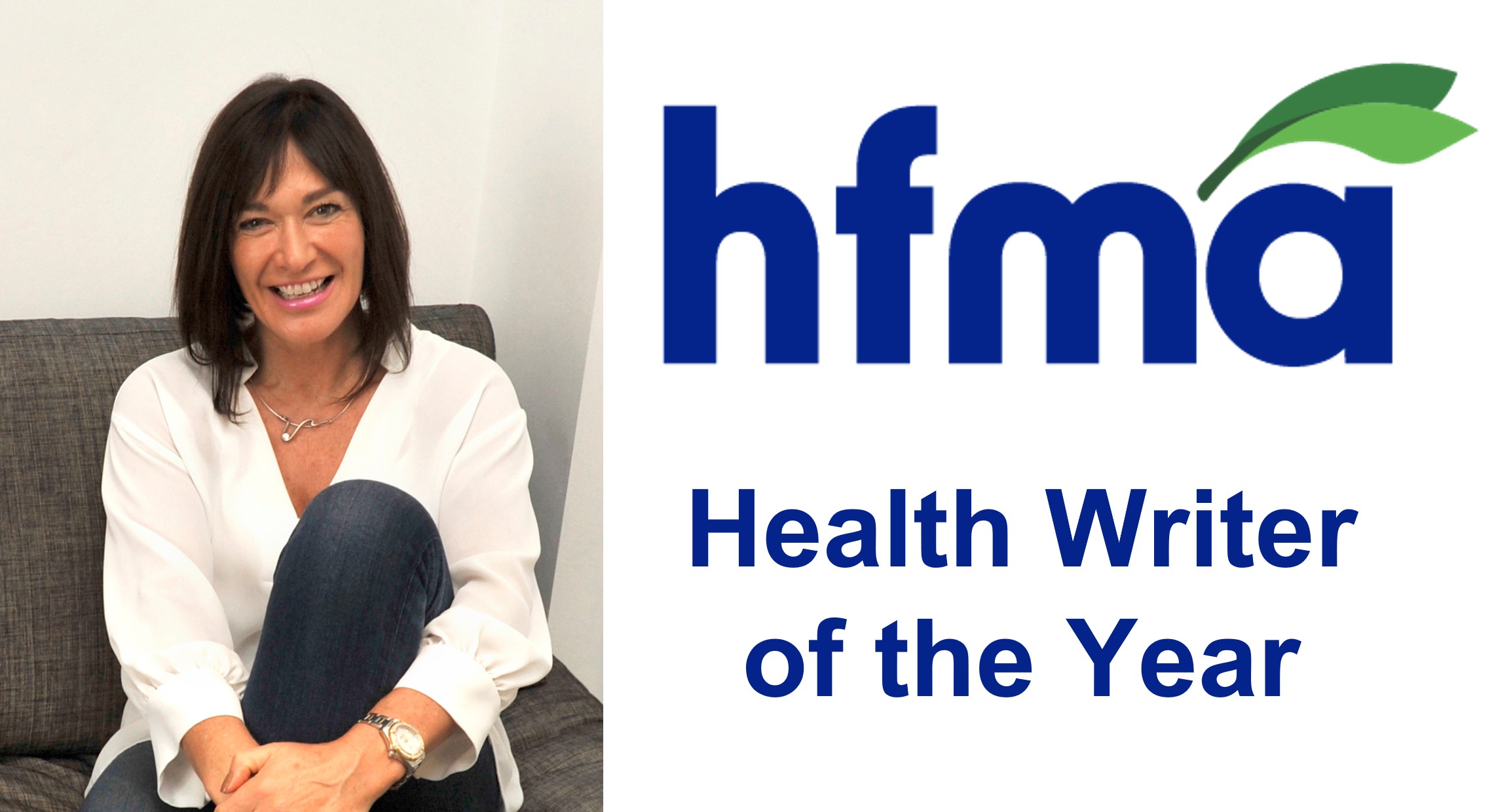
Start the day right
It’s important to get the day off to a good start with a filling and energising breakfast. Those of us who struggle with blood sugar balance can find that our energy dips by early afternoon if we don’t start the day with a well-balanced breakfast.
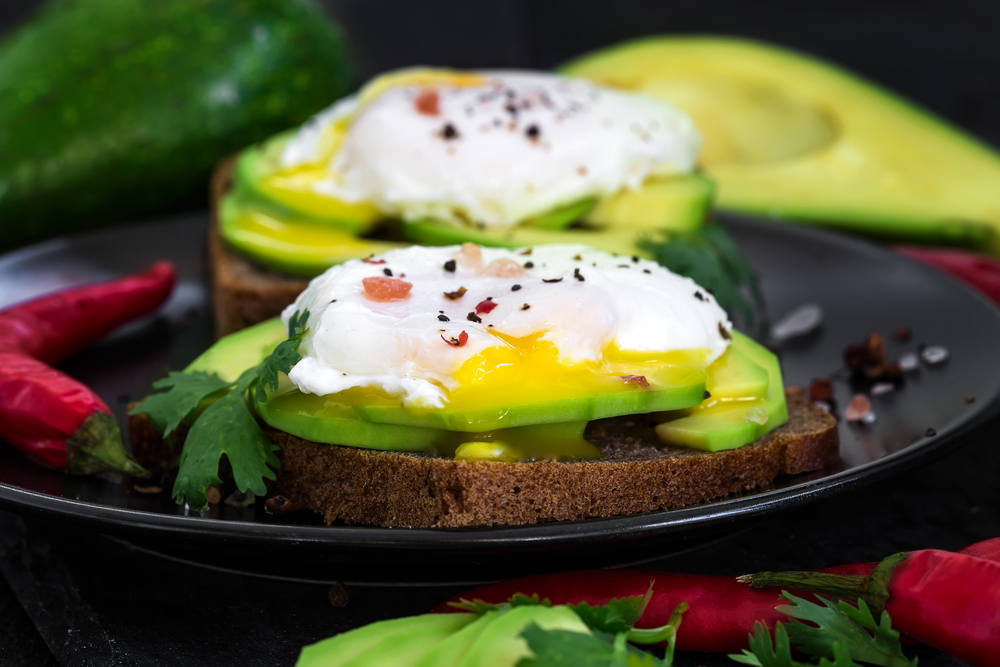
It’s important to get some protein, healthy fats, and carbs into your breakfast which will keep your energy levels up and hunger levels down. One of the best choices is a poached egg and smashed avocado on seeded sourdough bread. This ticks all the boxes. Whilst we often think that carbs fill us up and keep us going, it’s actually protein that provides sustained energy. But in essence, you need all three macronutrients for the best outcomes.
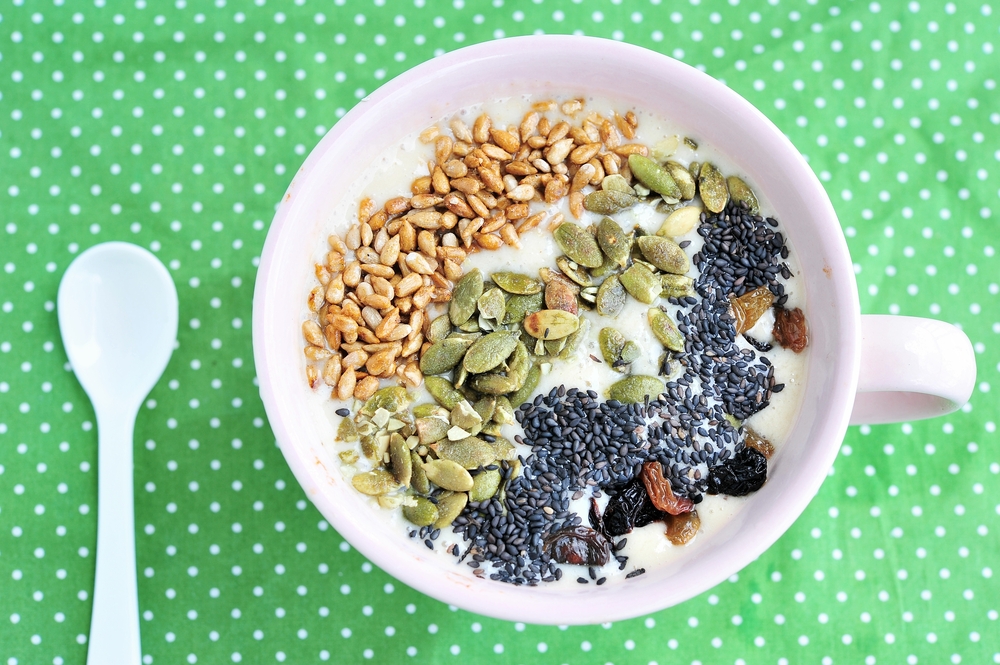
If you’re vegan, then why not go for some overnight oats with some plant-based yoghurt, fresh berries, nuts, and seeds. Pumpkin seeds, walnuts, Brazils, and hazelnuts are the best choices as they contain all the essential and healthy omega-3 fats which keep joints moving smoothly. This is especially useful if you want to be more active.
If you are following an intermittent fasting routine, which often means eating later in the morning, make sure to enjoy breakfast earlier to ensure you are well fuelled ahead of your day out.
Avoiding the afternoon slump
Starting the day right with a good, balanced, nutrient dense breakfast, is really going to help energy levels throughout the day. However, if you have an active day planned, and you’ve had an early start, then you’re going to be feeling a little peckish by lunchtime.

Whilst packing some sandwiches can seem a little predictable, they are often one of the simplest, most energy dense and easily transportable options. Again, a combination of protein and carbohydrate is going to provide the best outcomes. Any protein filling would work: think fish, chicken, eggs, hummus and salad, avocado (if you didn’t have it for breakfast) or some kind of cheese.
If you struggle with gluten-containing foods such as traditional bread, this can often encourage tiredness in the afternoon, which is not ideal. Why not look for gluten-free wraps, or pack a salad containing quinoa or rice along with your chosen protein? This option also means you can get more of that all-important colour variety into your lunch.

Whatever you choose, make sure you add some beetroot if possible. Beetroot is known to help energy levels because it encourages more oxygen flow around the body and is a great help in any endurance sports. It could be the support you need for powering up some hills if you’re out hiking!
Don’t forget to hydrate
With the warmer weather hopefully around the corner, it’s even more important to make sure you keep well hydrated. You’ll be going nowhere fast if you’re dehydrated. It really depends on how strenuous your day is going to be or how long you’ll be out for as to whether you need to pack an isotonic drink. Isotonic drinks can help the body rehydrate quicker.
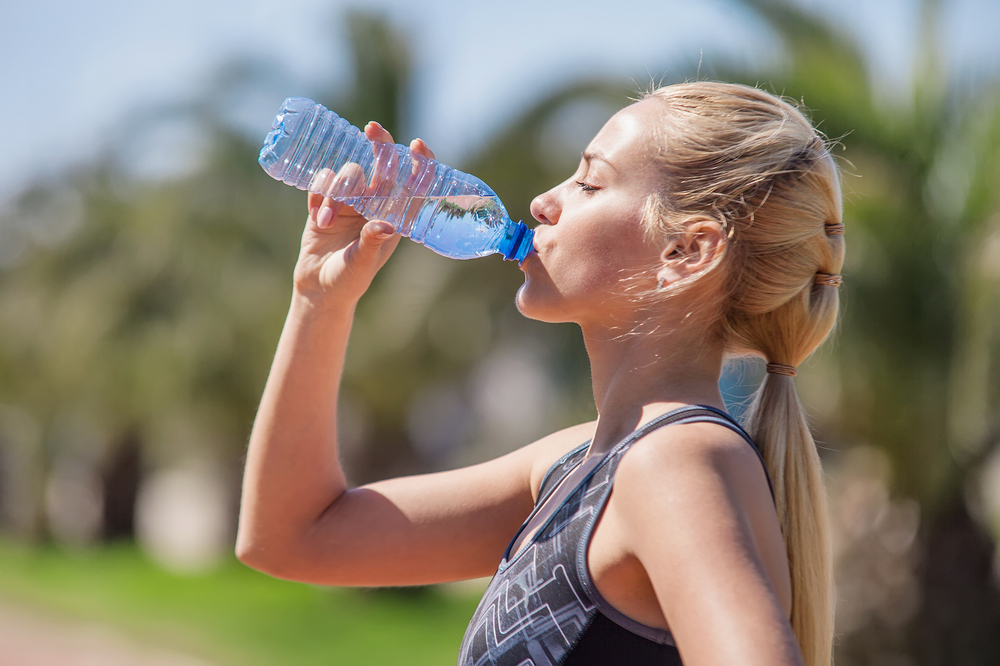
Many sports drinks are laden with sweeteners which disrupt the gut microbiome. It is much better to pack plenty of bottled water (a 1.5 litre bottle is generally sufficient) but also make up a weak isotonic drink using some fruit juice lightly watered down. If you’re out and about, then there’s generally the opportunity for a cafe stop somewhere, which also increases the enjoyment of the day!
Fully enjoy your outdoor time over the next couple of weeks, and the coming months too, by being well fuelled and full of energy.
FOR MORE GREAT NUTRITION AND LIFESTYLE ADVICE:
Sign up to receive our blog and get a weekly dose of the latest nutrition, health and wellness advice direct to your inbox.
For everything you need to know about vitamins, minerals and herbs visit our sister site Vitamin Expert – your essential guide to nutrition and natural health.
Follow us on Instagram @feelaliveuk for nutrition, lifestyle and well-being tips.
Visit us at www.feelaliveuk.com for the latest offers and exclusive Alive! content.
Follow and Chat with Suzie on Twitter @nutritionsuzie
All images: Shutterstock
